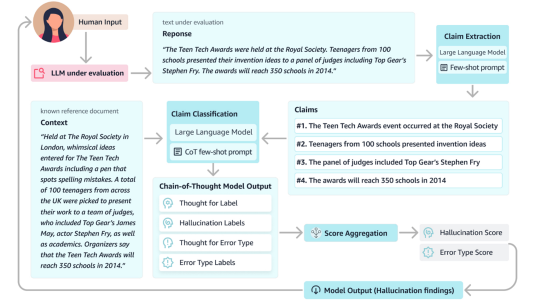Mutually-paced knowledge distillation for cross-lingual temporal knowledge graph reasoning
2023
This paper investigates cross-lingual temporal knowledge graph reasoning problem, which aims to facilitate reasoning on Temporal Knowledge Graphs (TKGs) in low-resource languages by transfering knowledge from TKGs in high-resource ones. The cross-lingual distillation ability across TKGs becomes increasingly crucial, in light of the unsatisfying performance of existing reasoning methods on those severely incomplete TKGs, especially in low-resource languages. However, it poses tremendous challenges in two aspects. First, the cross-lingual alignments, which serve as bridges for knowledge transfer, are usually too scarce to transfer sufficient knowledge between two TKGs. Second, temporal knowledge discrepancy of the aligned entities, especially when alignments are unreliable, can mislead the knowledge distillation process. We correspondingly propose a mutually-paced knowledge distillation model MP-KD, where a teacher network trained on a source TKG can guide the training of a student network on target TKGs with an alignment module. Concretely, to deal with the scarcity issue, MP-KD generates pseudo alignments between TKGs based on the temporal information extracted by our representation module. To maximize the efficacy of knowledge transfer and control the noise caused by the temporal knowledge discrepancy, we enhance MP-KD with a temporal cross-lingual attention mechanism to dynamically estimate the alignment strength. The two procedures are mutually paced along with model training. Extensive experiments on twelve cross-lingual TKG transfer tasks in the EventKG benchmark demonstrate the effectiveness of the proposed MP-KD method.
Research areas




